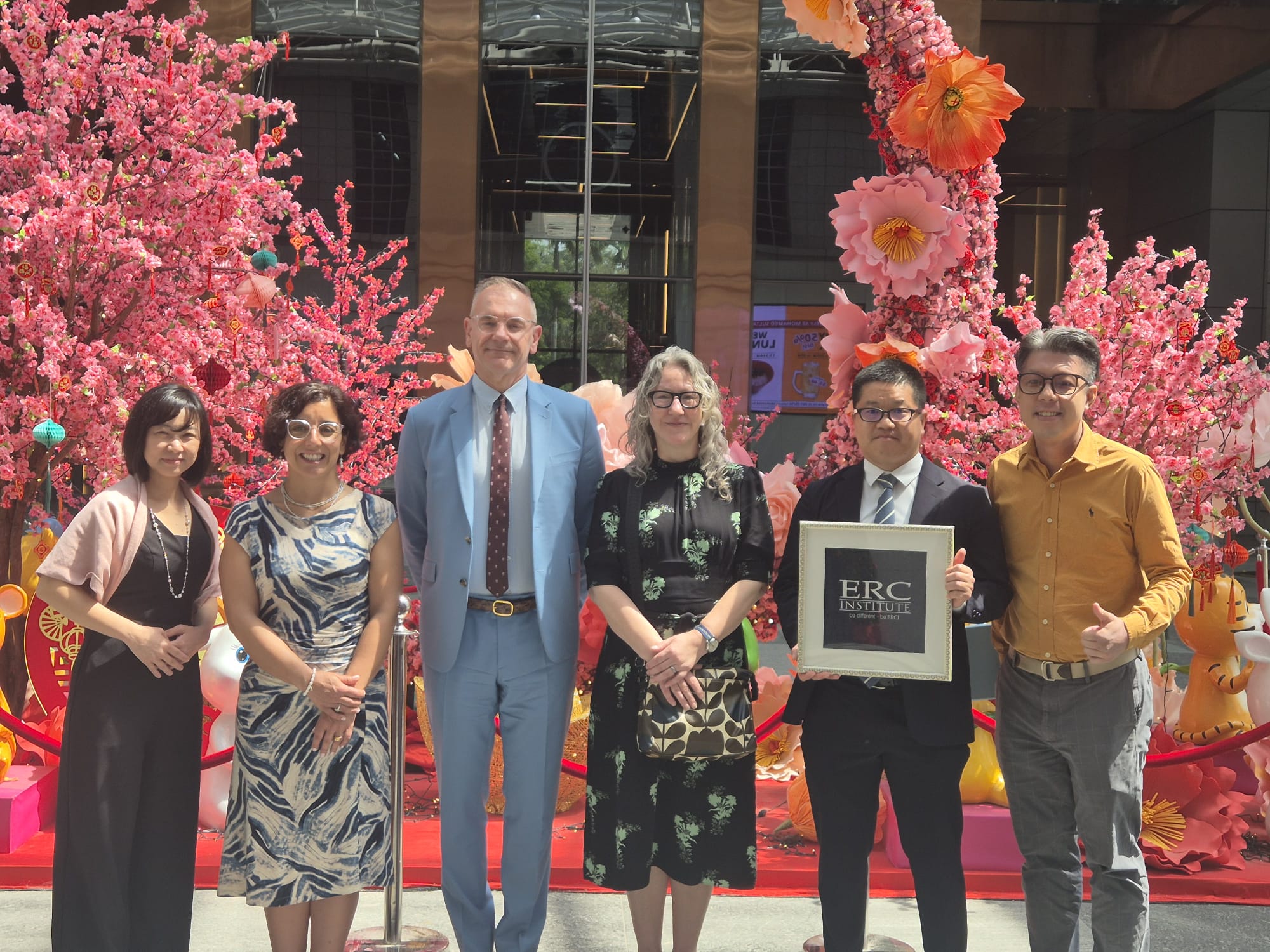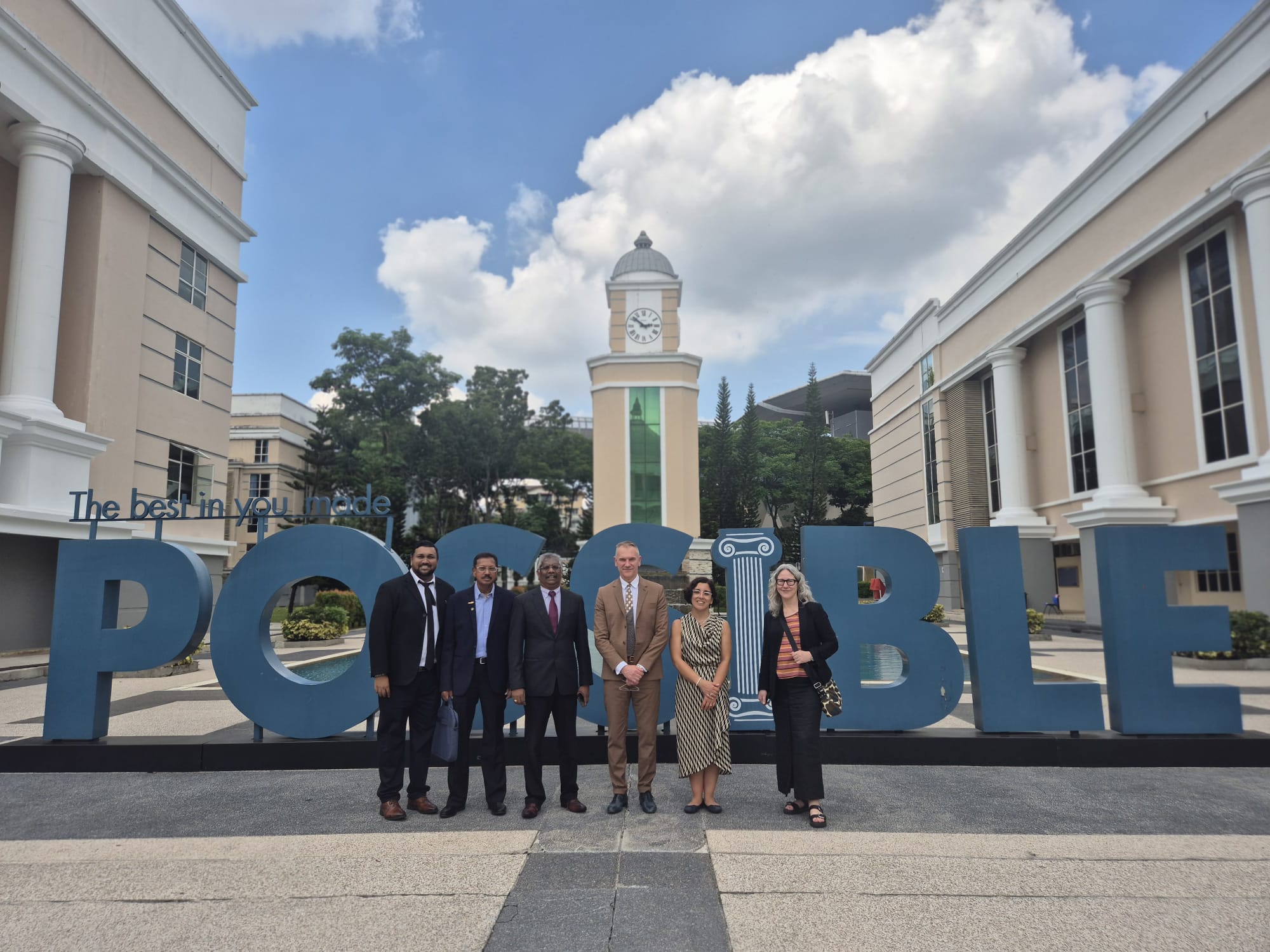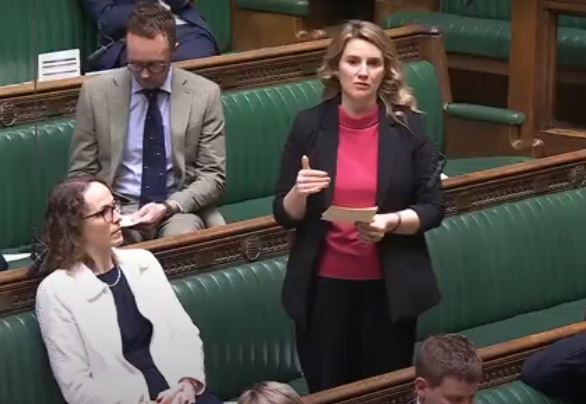Historic women of Chichester enter Oxford Dictionary of National Biography
TWO women important to the history of the University of Chichester and the progress of women in education, have been honoured with entries in the Oxford Dictionary of National Biography.
Sarah Frances (Fanny) Trevor (1818 to 1904) and Dr Dorothy May Meads (1891 to 1958) were both principals of Bishop Otter College (now the University of Chichester) at different times in the institution’s history, and both played vital roles in the organisation’s pioneering work in the development of women within the education profession.
Fanny Trevor was appointed ‘lady principal’ of Bishop Otter College in 1872, at a time when it re-positioned itself to focus on teacher training for female students. Under her leadership the College expanded, including the construction of a new wing incorporating a library, classrooms and dormitories. Such was principal Trevor’s commitment to the College that she personally purchased much of the furniture and tennis court.
Throughout her career in Chichester she represented the College in dealings with government, and her influence was recognised when she was invited to give evidence at the 1886 Royal Commission on the working of the Elementary Education Acts.
She retired to Richmond in 1895 and died there in 1904. On her death, the leadership of Bishop Otter College recognised her high educational standards, her ‘motherly care’ and the ‘high-water mark’ of socially-superior students during her first decade. It also acknowledged her role in the College’s ‘second place amongst the Church of England training colleges.’
Dr Dorothy Meads attained her doctorate from King’s College London in 1929 with the first major study of early modern women’s education including ‘The Diary of Lady Margaret Hoby, 1599-1605’, which is believed to be the earliest surviving diary written by an Englishwoman.
Dr Meads was appointed principal of Bishop Otter College in 1936. On arrival she quickly established new advanced courses in craft work, gardening and physical education, and oversaw the building of a new gymnasium. Further plans for expansion were halted by the outbreak of war, and in 1942 the College moved lock-stock-and-barrel to Stockwell College in Bromley while the Bishop Otter College campus was taken over by the RAF for D-Day planning.
The war and illness cut short many of Dr Meads’ plans for Bishop Otter College, but she was a pioneer in championing the autonomy of students and teacher training reforms. She had a strong belief in the role of the church in education and in the wider definition of women’s physical education – as evidenced by her decision in 1938 to screen the (then) controversial sex education film ‘Birth of a Baby’ which have been banned in several American states.
The significant role of Ms Trevor and Dr Meads across education came to light thanks to the research of Dr Sarah Edwards, a senior lecturer in English Literature at the University of Strathclyde, who authored the biographies. It follows collaborations with University of Chichester academic Professor Sue Morgan, Professor Emerita, Gender and Women’s History
Dr Edwards said: “As Principals of Bishop Otter College (now the University of Chichester), Fanny Trevor and Dorothy Meads both played important roles in the development of teacher training for women. It’s great that the ODNB is recognising their achievements.”.
The Oxford DNB is the national record of men and women who have shaped British history, worldwide, from prehistory to the year 2015. From March 2019 the Dictionary includes biographies of 63,277 individuals, written by more than 10,000 contributors. It is freely accessible to members of most public libraries.
Professor Jane Longmore, Vice-Chancellor at the University of Chichester, commented: “We have a long and progressive history of women in education, and the adoption of Fanny Trevor and Dorothy Meads by the Oxford Dictionary of National Biography stands testament to this. Both held their tenures as principal at challenging points in history – one when the education of women was just starting to be taken seriously in the modern age, and the other in a time of war. We are delighted that two such influential women have been recognised with entries in the Dictionary, highlighting the extraordinary roles they played in the education of women, and in education in general.”
The news comes at a time when Professor Longmore has addressed the Association of University Administrators on the pivotal role of women in higher education, referencing the track record of the University of Chichester in this area.
For more about Dr Sarah Edwards and her work in literary and cultural history go to www.strath.ac.uk/staff/edwardssarahdr.
Picture caption: Fanny Trevor (left, University of Chichester, Special Collections and Archives) and Dr Dorothy Meads (right, Bassetlaw Museum, North Nottinghamshire).





